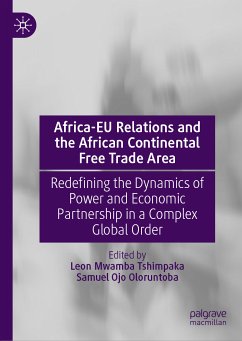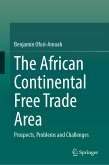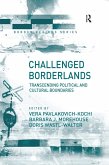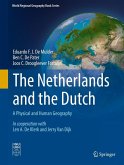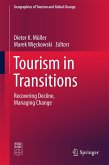Leon Mwamba Tshimpaka is Senior Postdoctoral Research Fellow in the Centre for the Study of Governance Innovation (GovInn) and the SARChI Research Chair in the Political Economy of Migration in the SADC Region in the Department of Political Sciences of the University of Pretoria, South Africa.
Samuel Ojo Oloruntoba is Assistant Professor at the Institute of African Studies, Carleton University, Ottawa, Ontario, Canada and Honorary Professor at the Thabo Mbeki African School of Public and International Affairs, University of South Africa, where he was previously an Associate Professor.
Dieser Download kann aus rechtlichen Gründen nur mit Rechnungsadresse in A, B, BG, CY, CZ, D, DK, EW, E, FIN, F, GR, HR, H, IRL, I, LT, L, LR, M, NL, PL, P, R, S, SLO, SK ausgeliefert werden.

